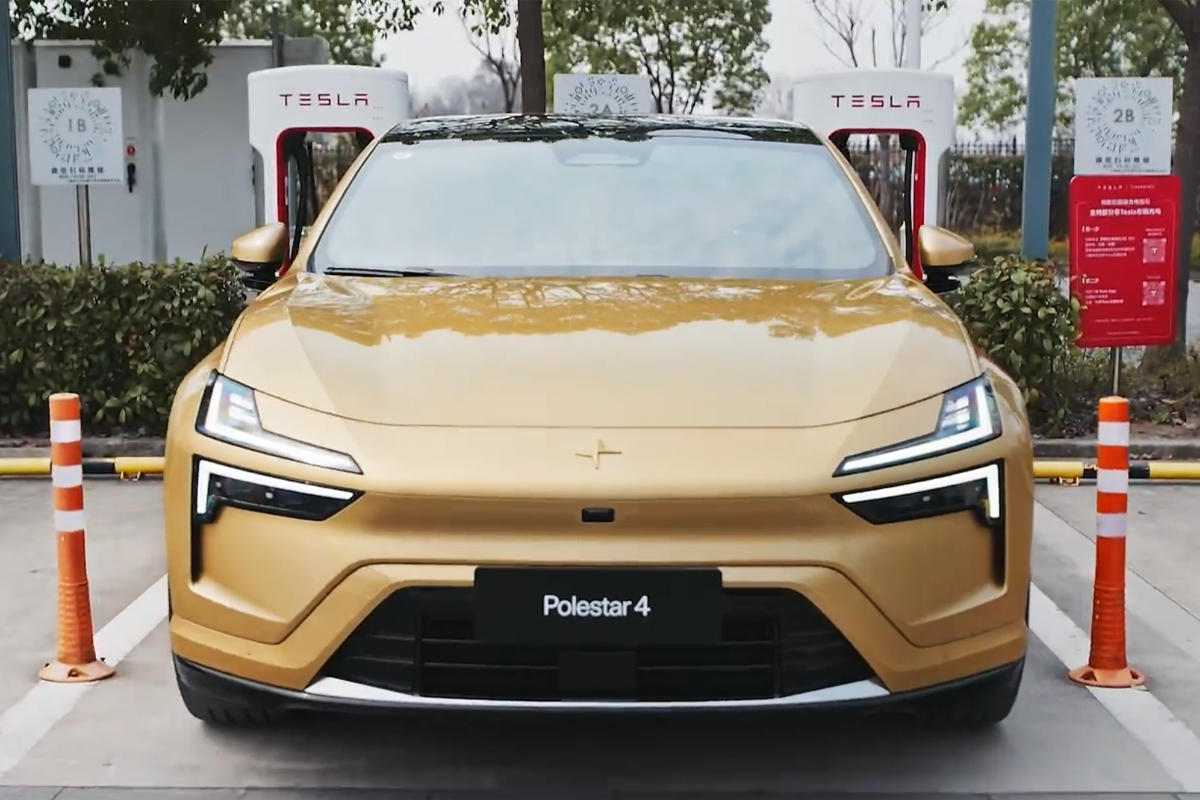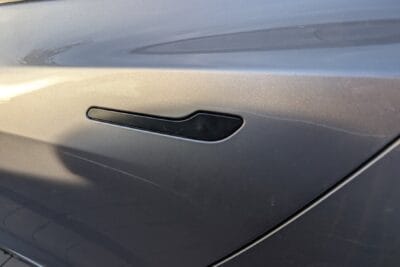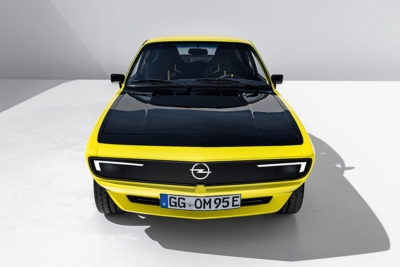Polestar’s China business hangs in the balance
As CarNewsChina reports, Polestar sold just 69 vehicles in China during the first half of 2025. The decline is attributed to falling demand as well as a strategic retreat from market activities. According to local sources, Polestar maintains only one physical retail presence in Shanghai. The brand has also suspended online sales and now offers test drives solely by prior phone arrangement.
While CarNewsChina, citing NBD Auto, views these developments as signs of a full market exit by year-end, news agency Yicai suggests Polestar is merely restructuring its distribution and intends to re-engage with the Chinese market. “The parties are terminating the business of the JV as a result of a change in market focus and strategy. Polestar will remain fully committed to the Chinese market and will continue to pursue its long-term strategy for growth and innovation, whilst protecting its premium brand position in China,” Yicai quoted the company as saying at the time of the JV dissolution in April.
The strategic need for change is evident. Sales have collapsed, and in April, Polestar dissolved its joint venture “Polestar Times Technology China Co.” with Star Meizu, originally set up in 2023. The JV had been responsible for vehicle design, R&D, software, and sales. Recently, Wu Huijing stepped down as Polestar China CEO and was replaced by Hu Shiwen, who now serves as legal representative of Polestar Automobile Sales Co. Ltd.
Polestar’s difficulties in China contrast sharply with its global performance. Despite the near standstill in China, the brand delivered 30,300 vehicles worldwide in H1 2025 – a 51 per cent increase over the same period last year. Growth was driven by an expanding model range, entry into new markets such as France, and the introduction of physical retail via Volvo’s dealership network alongside online sales.
China remains not only a sales market but also a core production base and strategic location for Polestar. Although headquartered in Gothenburg, Sweden – like its former parent, Volvo Cars – Polestar produces most of its vehicles in China. Chinese influence within the brand remains substantial. In June, PSD Investment Limited, a major Geely Holding Group investor under the control of Li Shufu, provided Polestar with a capital injection of $200 million, increasing Li’s direct stake in the company to 66 per cent.
This move has further solidified Geely’s controlling interest. Volvo Cars Group, which itself is 79 per cent owned by Geely and had been a major Polestar shareholder, reduced its stake from 18 to 16 per cent in June. In total, this places roughly 80 per cent of Polestar’s ownership under the Geely umbrella. Notably, Volvo Cars had already cut its Polestar stake from 48 to 18 per cent in 2024, distributing shares to its investors – primarily benefiting major shareholder Geely. That shift marked Polestar’s transition into an independent Geely Group brand, as Geely had not previously held a direct stake.
The 200 million dollar capital increase in June was essential for Polestar, which is operating under significant financial pressure. The company is heavily investing in expanding its product portfolio, with upcoming models such as the Polestar 5 (a four-door GT) and the Polestar 6 roadster requiring substantial funding for development, production, and launch. A compact SUV, the Polestar 7, is also planned for European production from 2026, with assembly set to begin in Slovakia.
carnewschina.com, yicaiglobal.com
This article was first published by Cora Werwitzke for our German-language edition.





0 Comments